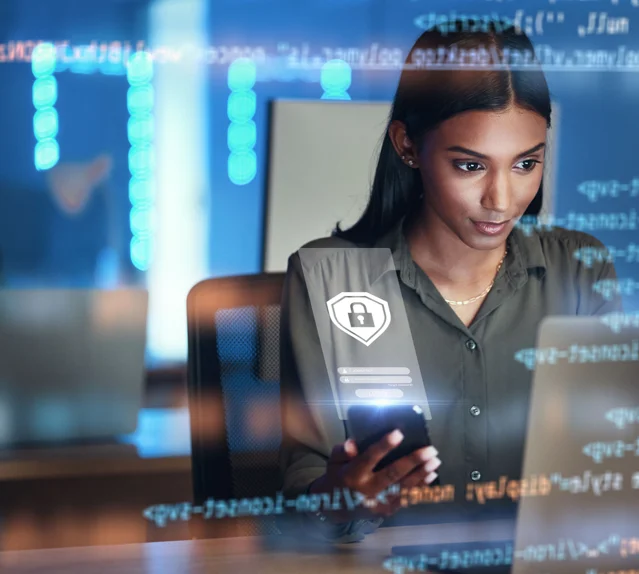Article
Essential cybersecurity awareness tips for staying safe

Joining Strada as the new Chief Information Security Officer during Cybersecurity Awareness Month is an excellent opportunity to focus on a topic close to my heart: staying safe online.
I’ve worked in cybersecurity for years, and I’m excited to help build a security strategy that not only meets Strada’s business needs but also empowers every individual in our company to navigate the digital world securely.
Security awareness training
When it comes to cybersecurity, knowledge is power. That’s why our company, like many others, includes security awareness training in our onboarding process and regular compliance courses. However, to be truly effective, training should be targeted to each person’s role.
We aim to ensure that each team member receives just the right amount of security information for their job without overwhelming them with unnecessary details. This way, everyone is well-prepared to identify potential risks without sacrificing time that could be spent on their core responsibilities.
Essential cybersecurity best practices
Here are a few key tips to help everyone stay safe online, whether you’re at work or at home.
Think before you click
Always double-check links before you click on them. If you’re unsure about a link’s source, it’s better to avoid it. Make sure you recognise the sender or website and look out for anything that doesn’t seem quite right.
Use only your company email for business
Keep work and personal emails separate. When conducting business, use your company email and avoid signing up for non-business services with your work email. This will keep your personal information and business data more secure.
Be cautious of Phishing and Smishing attacks
Phishing is when someone pretends to be a trustworthy source, like a company, to trick you into giving away personal information through email. Smishing is the same trick but done through text messages on your phone.
Here’s the thing: scammers are clever, and it’s easy for them to fake a caller ID to look like it’s coming from someone you trust, like your bank or even a familiar contact.
So, if you receive a message from a number you don’t recognize – no matter what the caller ID says – it’s safest not to trust it right away.
If a text asks for sensitive information or feels urgent, don’t respond. Instead, contact the company or person directly using a number you already know or have saved.
By staying cautious with unknown numbers, you can avoid many smishing attempts and keep your personal information secure.
Use a password manager
Reusing the same password everywhere is tempting, but this can lead to significant security risks.
A password manager tool helps you create and store strong, unique passwords for each account. This way, you don’t have to remember every password and are less likely to fall victim if one password is compromised.
The bottom line
Security awareness is about being informed and taking small steps to stay safe. I look forward to leading Strada’s cybersecurity efforts and working together to build a safer, more secure environment. Let’s keep moving forward safely and securely!



